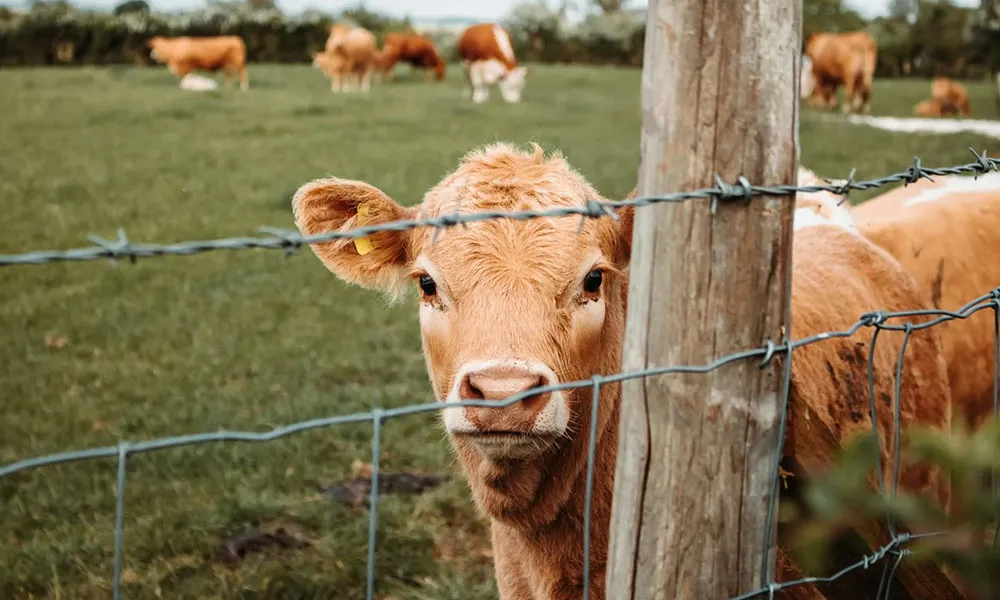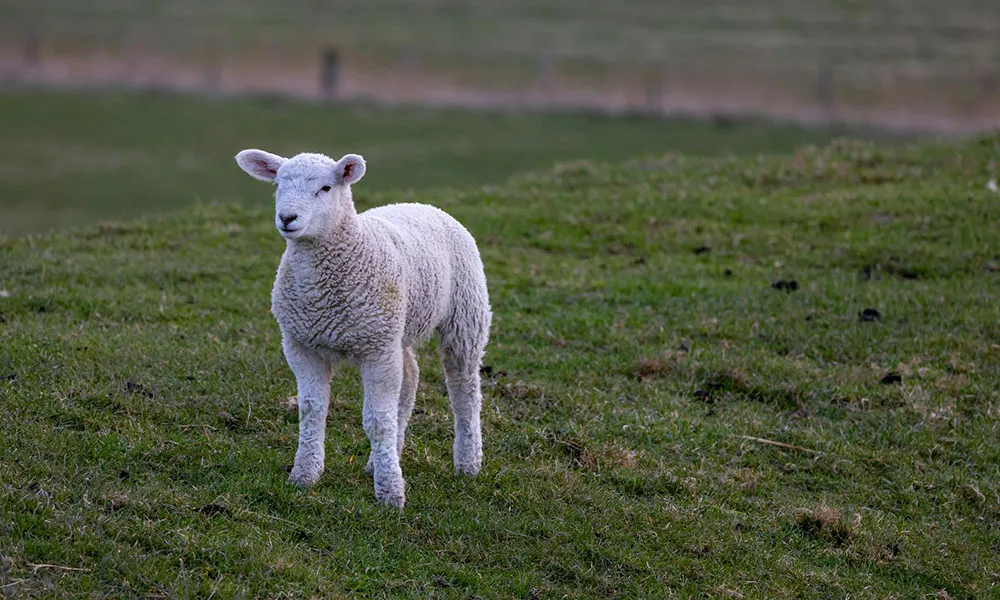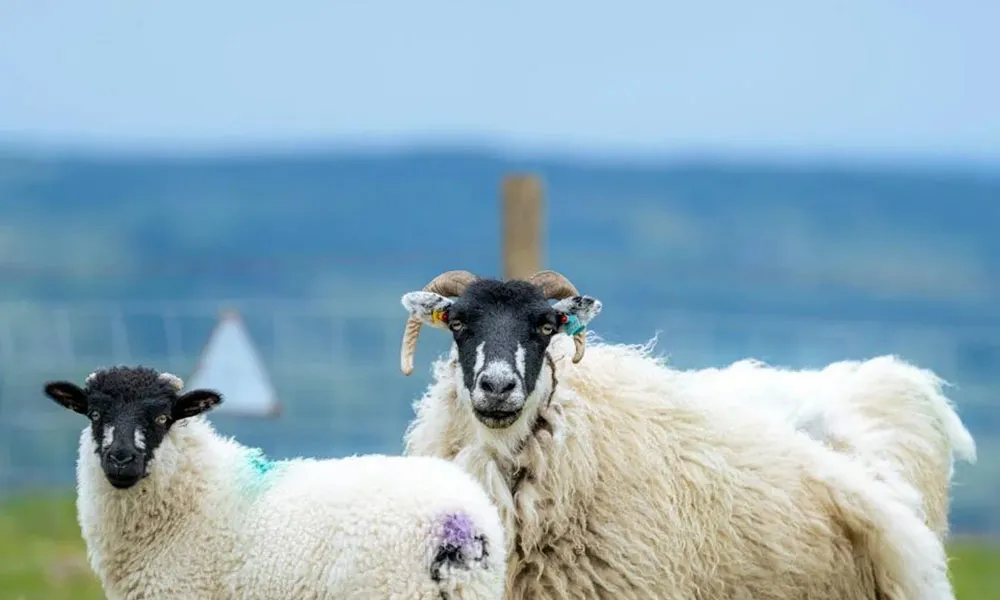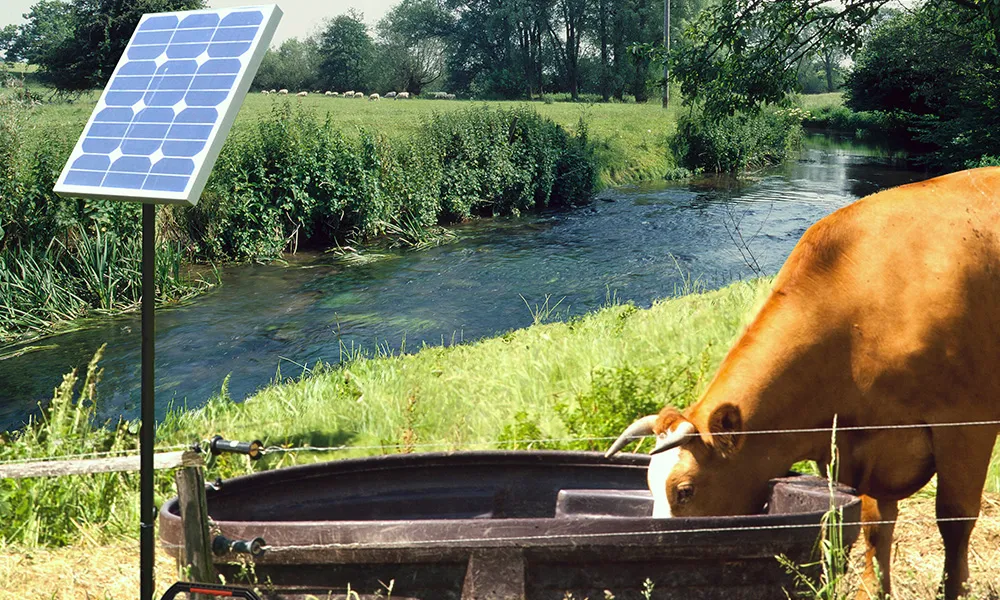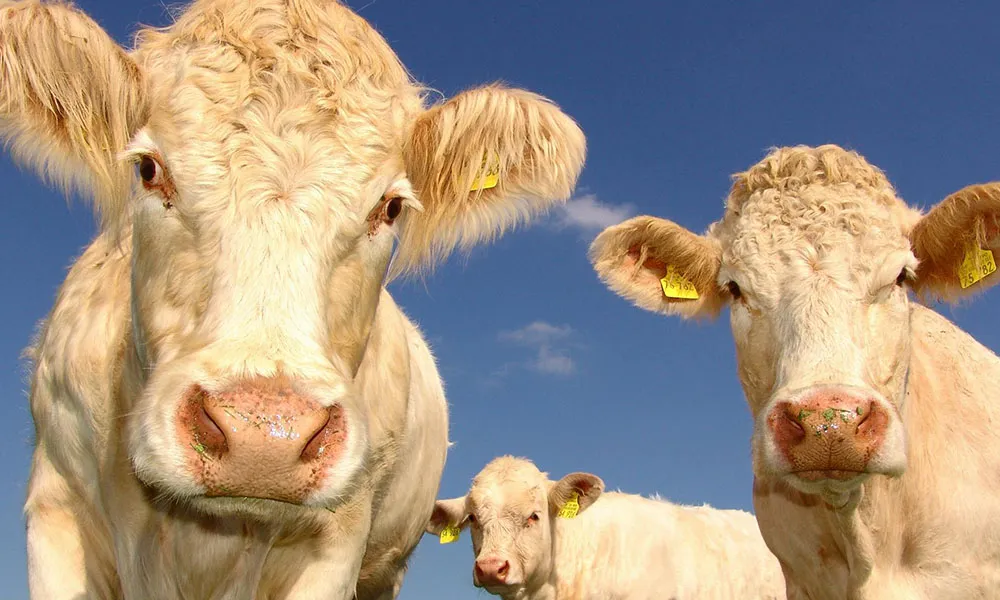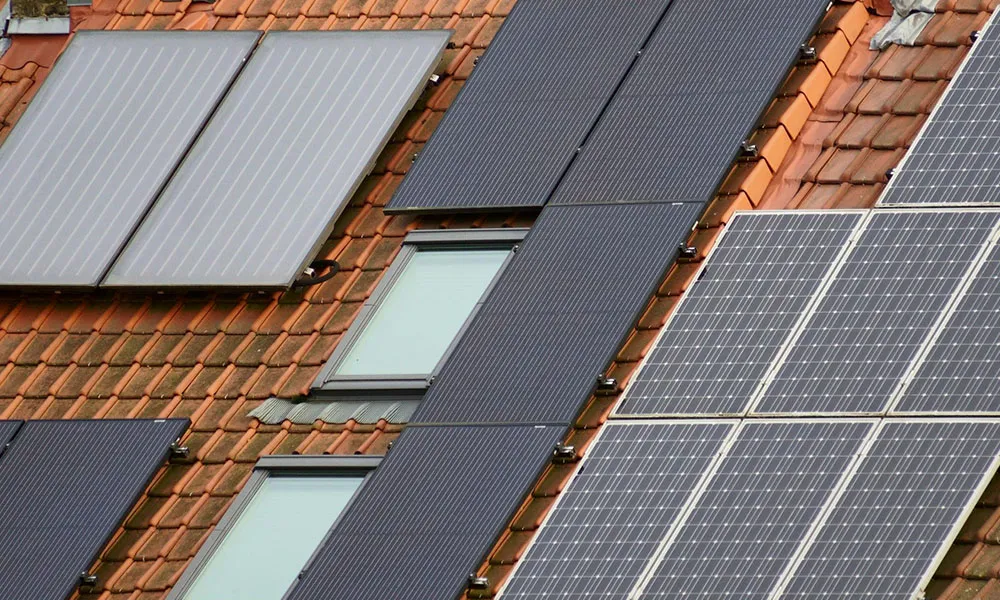
Agridirect.ie discusses the soaring price of artificial fertiliser, and asks if organics is the solution for many?
No chance for peace?
As the war in Ukraine rages on and the rhetoric of world leaders seems only to escalate the situation, hopes for a ceasefire are fading fast. At this stage, there is talk of the conflict dragging on for months or even years.
We should not underestimate what an extended conflict will mean for global food supplies. Ukraine is, after all, the traditional breadbasket of Europe, accounting for 11.5% of global wheat production. Russia, geographically the largest country in the world by far, accounts for 16.8%. This means that disruption in supply from the two warring nations could lead to a 25% drop in global wheat. A terrifying prospect indeed, that could see many parts of the world plunged into famine.
Fertiliser woes
Perhaps of more immediate concern to Irish farmers is the current Russian contribution to global supplies of nitrogen and phosphate fertilisers. Farmers were already feeling the pinch before Vladimir Putin launched his invasion in late February, but the fertiliser supply problems and enormous price hikes that followed the outbreak of war have left many farmers fearing financial disaster in 2022. Michael Healy-Rae may have been exaggerating when he said it was more profitable to rob fertiliser than a bank, but his words certainly captured the despair that many Irish farmers are feeling at present.
Slurry and manure
Barring an unexpected peace settlement in Ukraine, it seems that the Irish agriculture sector will have to reassess its options. For farmers, this may mean figuring out ways to turn a profit without the aid of artificial fertilisers. Many men that I have talked to are discussing a return to the use of manure and slurry only.
Organic option
If artificial fertilisers are taken off the table for all but the biggest, wealthiest farmers in the country, the organic option surely deserves consideration for the rest of us. The Government, certainly, appears to be pushing us in that direction. Despite many complaints from farmers on the ground, the Department of Agriculture, Food and the Marine ringfenced a budget of € 256 million for the Organic Farming scheme in the next CAP (2023-2027).
This is not a negligible sum. Even before the outbreak of war in eastern Europe, it had drawn the interest of farmers who would, otherwise, have had little interest in turning organic. In some cases, there has been a sea change in attitudes. One of our neighbours has a farm of 400 acres and has always run a conventional, and profitable, farm. Now he is making the transition to organic on the understanding that it is the only feasible route moving forward.
The outbreak of Putin’s War, and the surge in fertiliser prices, will no doubt leave many agreeing with him.
The Organic Farming Scheme: am I eligible?
With this in mind, it is worth looking at what the entry requirements and payment rates will be for the Organic Farming Scheme beginning next year. First of all, to be eligible for the scheme, you must:
- Be an active farmer
- Hold an organic licence at the date of OFS application submission. (This means joining one of two organic farming bodies: the Organic Trust and Irish Organic Association)
- Declare all lands in your name on BPS
- Complete a 25-hour organic farming course. These are run through Teagasc and the National Organic Training Skillnet
- Meet a stocking rate requirement of 0.10 LU/ha – 1 ewe to the ha. This measure is intended to encourage farming marginalised land to consider converting to organics.
- Have a minimum farm area of 3 hectares. This does not apply to horticultural producers, who are eligible with a farm area of 1 hectare
What is the OFS worth?
Payments for the scheme are as follows:
- Dairy: <Up to 70ha in conversion: €330/HA and <up to 70Ha fully organic: €250/ha;
- Dry Stock: < Up to 70ha in conversion: €250/HA and < up to 70Ha: fully organic: €170/HA;
- Horticulture: < 6Ha in conversion €600/ha and < 6Ha fully organic €400/ha;
- Tillage: < 20Ha in conversion: €290/ha and > 20Ha & up to 70Ha fully organic: €190/HA.
Thanks for reading
Are you a farmer considering the organic option as a result of rising fertiliser costs, or do you have a different plan? Please let us know in the comments section. As always, we are eager to hear the thoughts of farmers on the ground. Thanks for reading. For more content and the latest farming news, please be sure to like and follow us on Facebook.






